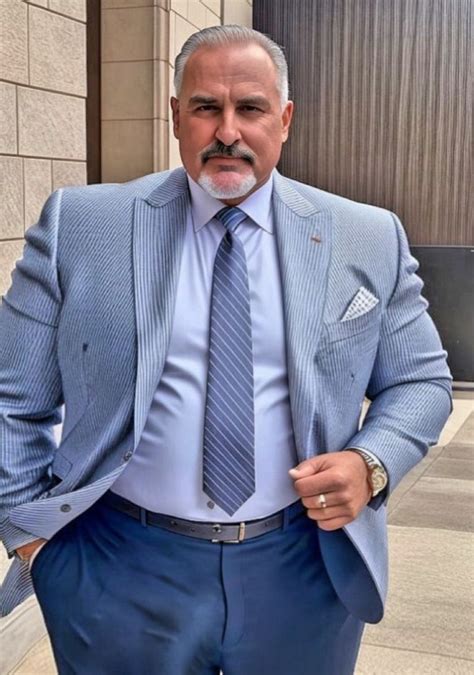How do societal expectations about masculinity often influence men’s proactive engagement with preventive healthcare services?

Societal expectations play a profound role in shaping individual behaviors, and nowhere is this more evident than in men’s engagement with their health. Traditionally, cultural narratives surrounding masculinity have often emphasized traits like strength, self-reliance, stoicism, and invulnerability. While these attributes can be positive in many contexts, they frequently create significant barriers when it comes to men proactively seeking preventive healthcare services, contributing to a global disparity in health outcomes.
The “Strong Silent” Archetype and its Healthcare Ramifications
The deeply ingrained “strong silent” archetype often dictates that men should tough out pain, avoid expressing vulnerability, and handle problems independently. This cultural script directly clashes with the concept of preventive healthcare, which requires open communication, acknowledging potential weaknesses, and actively seeking help before a crisis arises. For many men, scheduling routine check-ups or discussing early symptoms can feel like an admission of frailty, undermining their perceived masculine identity.

Perceptions of Invulnerability and Risk Aversion
Another facet of traditional masculinity is the perception of invulnerability, where men are often expected to be robust and immune to illness. This belief can lead to a delay in recognizing or addressing health concerns, as well as a reluctance to engage with health screenings designed to detect problems early. Taking risks, both physically and in terms of neglecting health, can sometimes be seen as a sign of courage rather than imprudence. Consequently, men may downplay symptoms, dismiss medical advice, or simply avoid doctor’s visits until conditions become advanced and more difficult to treat.
The Stigma of Seeking Help: Beyond Physical Health
This reluctance to seek help extends beyond just physical ailments. The stigma associated with admitting vulnerability is particularly pronounced in mental health. Men are often less likely to report symptoms of depression or anxiety, further exacerbating their overall health challenges. Since physical and mental health are intrinsically linked, avoiding one often leads to detrimental effects on the other, creating a vicious cycle where untreated mental health issues can manifest as physical symptoms, and vice-versa, all while being ignored due to perceived masculine norms.

Systemic Barriers and Communication Gaps in Healthcare
Healthcare systems themselves sometimes inadvertently reinforce these societal norms. Healthcare providers might not always be trained to recognize or address the unique ways in which masculine expectations influence men’s health-seeking behaviors. Communication styles, clinic environments, and even appointment scheduling can feel unappealing or unsupportive to men who are already hesitant to engage. Creating more inclusive and understanding healthcare environments that actively challenge these norms is crucial.
Breaking the Mold: Fostering Proactive Engagement
Challenging these deeply ingrained societal expectations requires a multifaceted approach. Public health campaigns need to reframe masculinity in a way that includes and celebrates self-care, health-consciousness, and emotional literacy, rather than viewing these as antithetical to strength. Encouraging open conversations about health among men, from a young age, can normalize health-seeking behaviors. Furthermore, healthcare providers can adopt more patient-centered approaches, actively inviting men to discuss their concerns in a non-judgmental space and offering male-specific health education.

Ultimately, addressing how societal expectations about masculinity influence men’s proactive engagement with preventive healthcare is not about diminishing masculinity but about expanding its definition. It’s about recognizing that true strength lies in self-awareness, responsible self-care, and the courage to seek help when needed. By fostering environments that support these values, we can empower men to prioritize their health, leading to healthier individuals and more robust communities.









